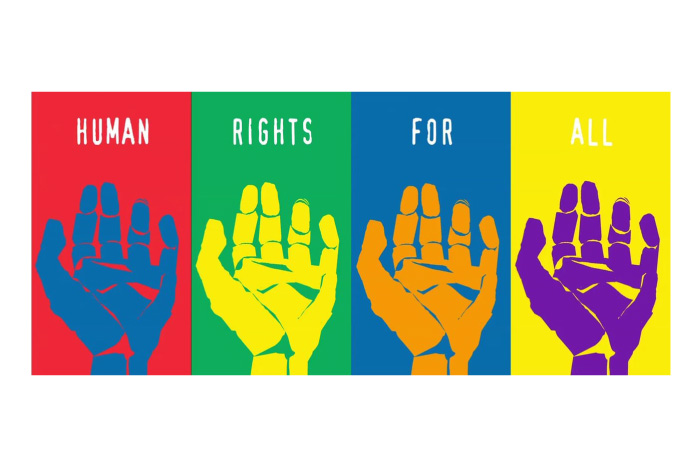
In South Africa, Human Rights Day is celebrated on 21 March, in remembrance of the Sharpeville massacre which took place on 21 March 1960, and is used to remind South Africans about the sacrifices that accompanied the struggle for the attainment of democracy in South Africa. But as we take the day off, it’s important to understand human rights, and the responsibility our leaders have in the protection of our rights.
What Are Human Rights?
Human rights are rights inherent to all human beings, regardless of race, sex, nationality, ethnicity, language, religion, or any other status. Human rights include the right to life and liberty, freedom from slavery and torture, freedom of opinion and expression, the right to work and education, and many more. Everyone is entitled to these rights, without discrimination.
International Human Rights Law
International human rights law lays down the obligations of Governments to act in certain ways or to refrain from certain acts, to promote and protect human rights and fundamental freedoms of individuals or groups.
The United Nations created a comprehensive body of human rights law; a universal and internationally protected code all nations can subscribe. The United Nations has defined a broad range of internationally accepted rights, including civil, cultural, economic, political and social rights. It has also established ways to promote and protect these rights and to assist states in carrying out responsibilities.
Universal Declaration of Human Rights
The Universal Declaration of Human Rights (UDHR) is a milestone document in the history of human rights. Drafted by representatives with varying legal and cultural backgrounds, the Declaration sets out fundamental human rights to be universally protected.
Since its adoption on December 10th, 1948, the UDHR has been translated into more than 501 languages, making it the most translated document in the world, and has inspired the constitutions of many newly independent States and democracies.
Human Rights Conventions
A series of international human rights treaties and other instruments adopted since 1945 have expanded the body of international human rights law. They include, but not exclusive to:
Human Rights Council
The Human Rights Council, established in 2006 by the General Assembly replaced the 60-year-old UN Commission on Human Rights as the key UN intergovernmental body responsible for human rights.
The Council is made up of 47 State representatives and is tasked with strengthening the promotion and protection of human rights around the globe by addressing human rights violations and making recommendations on them, including responding to human rights emergencies.
The most innovative feature of the Human Rights Council is the Universal Periodic Review, where all 192 member states have their human rights records reviewed every four years. The Review is a co-operative, state-driven process, with the support of the Human Rights Council, and provides the opportunity for each state to present measures taken and challenges to be met to improve the human rights situation in their country and to meet their obligations.
Human rights day is observed every year on 10 December internationally, and on March 21st in South Africa.
Do4SA NPC
Standard Bank
Branch: 024210
Acc. Number: 371 278 627
Swift Address: SBZA ZA JJ
Subscribe to The Altruist monthly newsletter which will help decision-makers gain a ground level understanding of the dynamics of poverty.